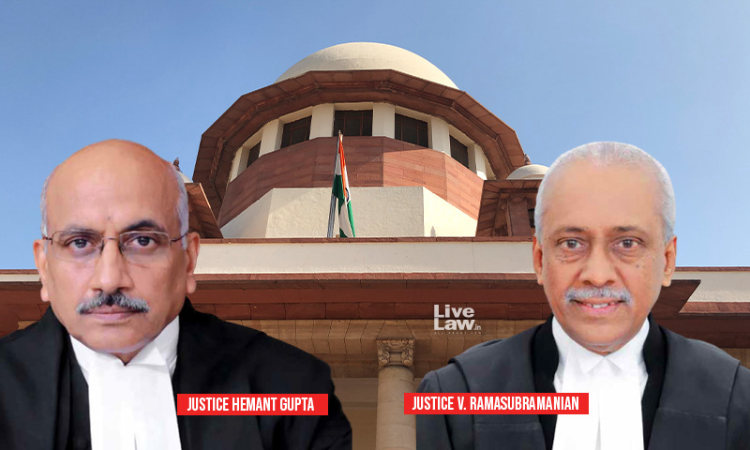If Fraudulent Affairs Of Company Are Continuing, Right To Seek Winding Up Becomes Recurring : Supreme Court In Antrix-Devas Case
Sneha Rao
18 Jan 2022 11:55 AM IST

"The main departure of the Companies Act, 2013 from statutory regime of the Companies Act, 1956 is specific inclusion of fraud 'directly' as a circumstance in which a Company could be wound up"
Next Story


